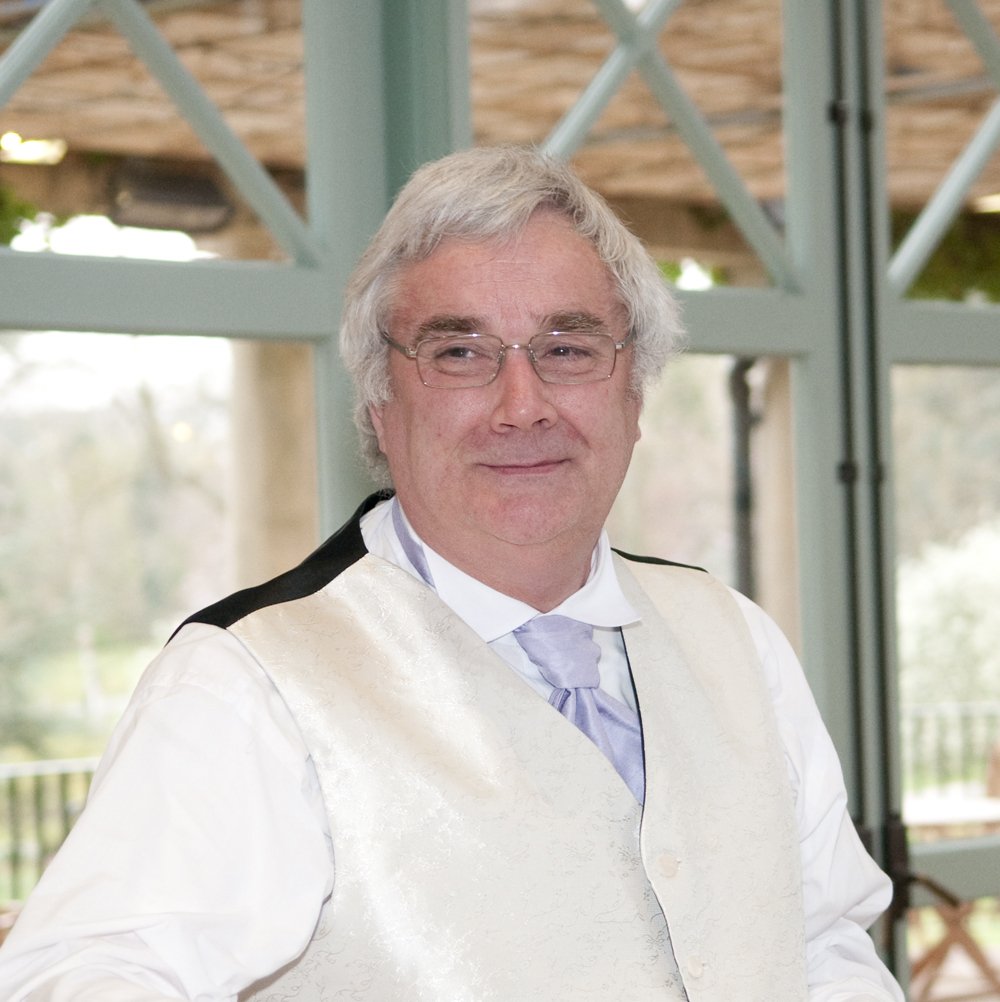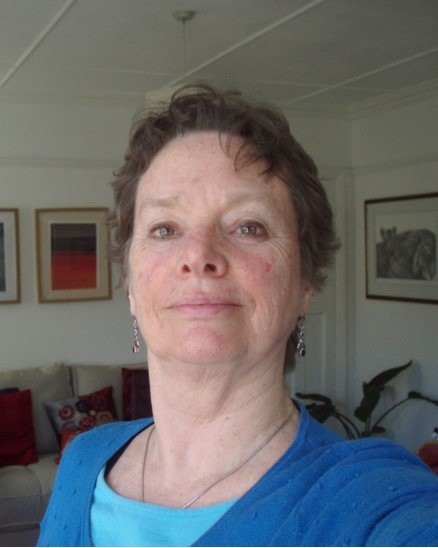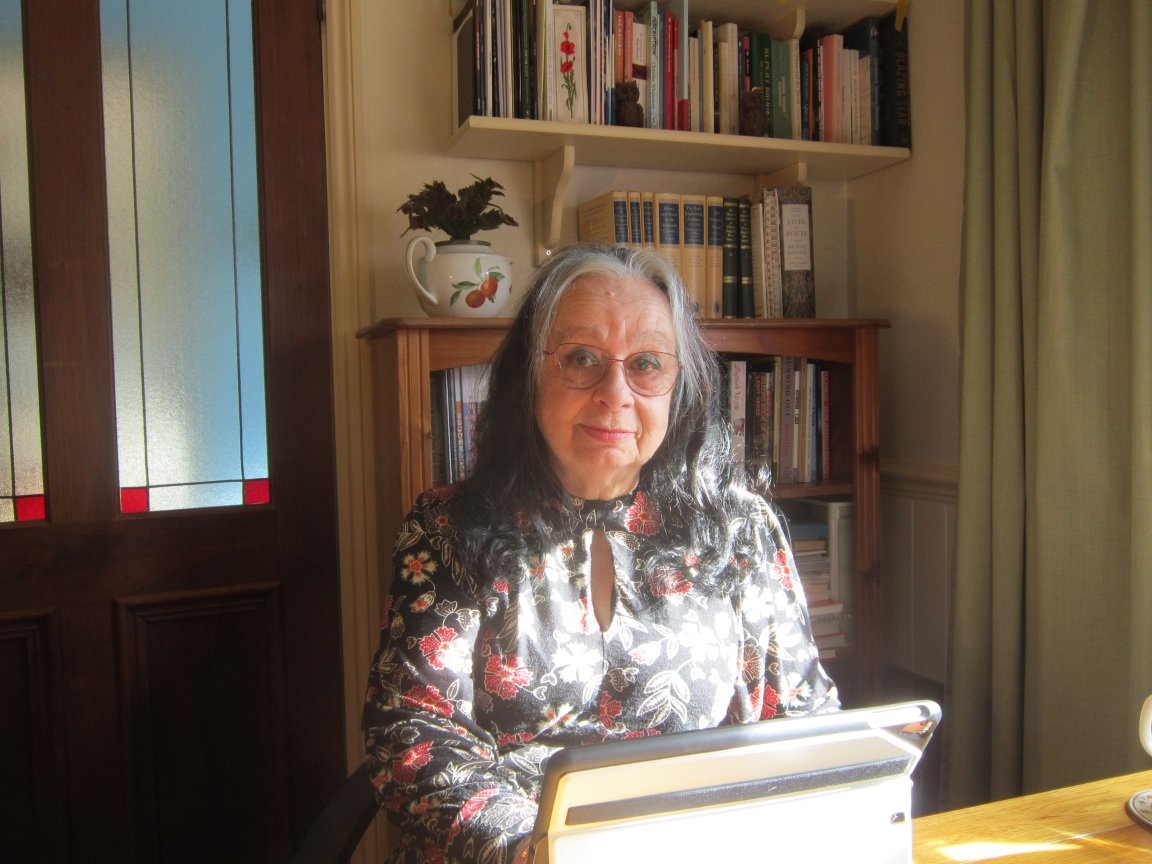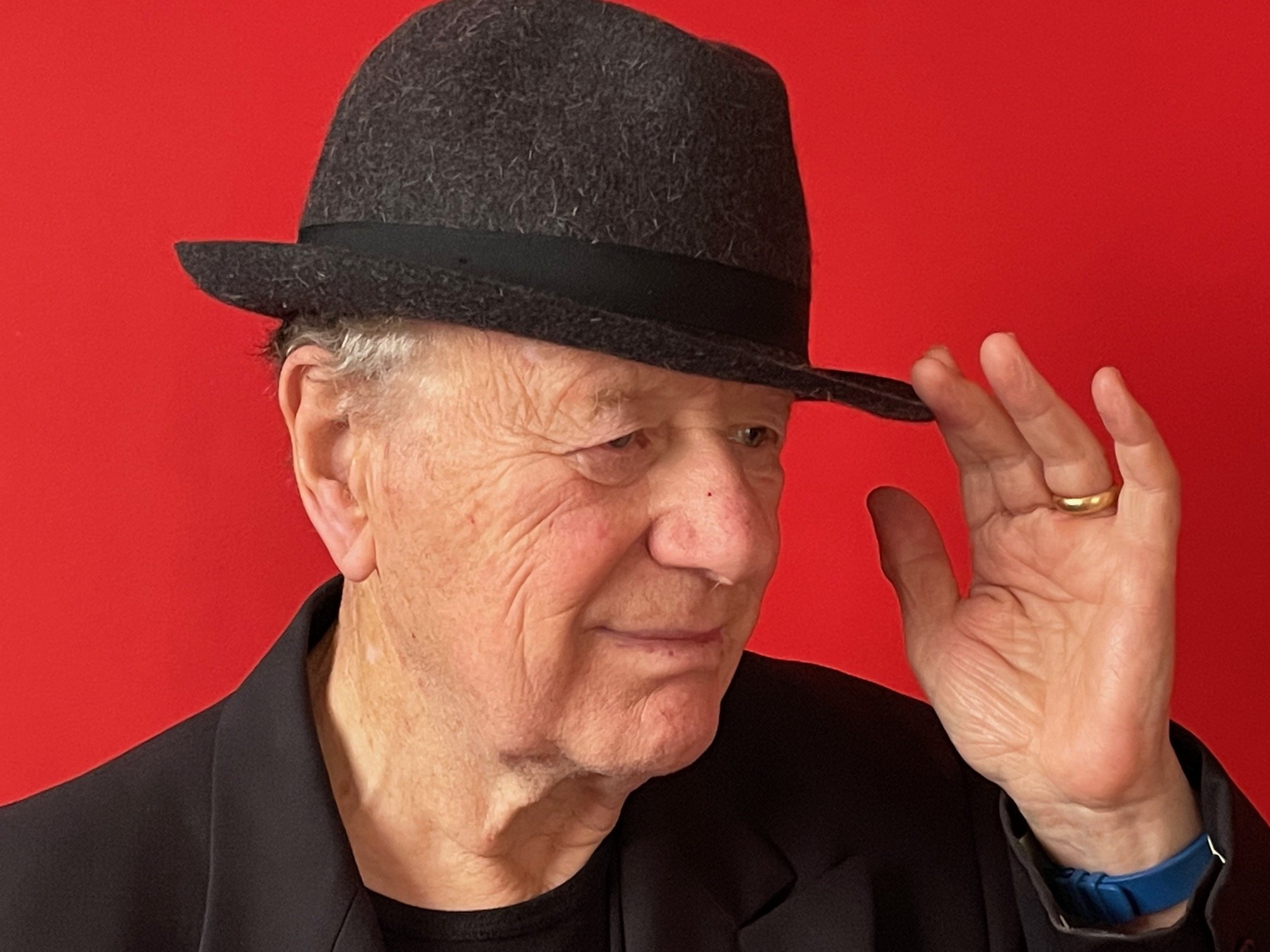King Lear Prizes 2023
Shortlisted Entries
Short Story
These shortlisted entries have gone forward to the final judging panel, with the winning entries to be announced in November. You can read their works below, and find out more about the shortlisted entrants at the bottom of the page.
These shortlists were picked from a total of around 1,500 pieces of writing submitted to the King Lear Prizes, and the judging team selected these shortlists in their respective categories based on the King Lear Prizes rules.
Short Story - Beginner
Methodist
By Robin Wilson
The Pompous Cello
By Heike Rentel-Thomas
Prisoner 22
By David Griffiths
The Ping-Pong Script
By Julian Fuller
The Last Martian
By Susan Royal
The Bird in the Gilded Cage
By John Paris
Short Story - Experienced Amateur
Spiced Vinegar and a Handmade Blanket
By Jane Bryenton
A Plane Tree Struck by Lightning
By Rick Tucker
Royal Decree FID DEF TWO SHILLINGS 1953
By Marilyn A Timms
The Fish
By Derham O’Neill
Evie, Wonder of Science
By Frances Knight
The Bridgewater Suite
By Christina Campbell
Highly Commended Entries
Short Story
In addition to the shortlists, our judges were particularly impressed with the following Highly Commended works, chosen from over 1,500 entries in this category.
Short Story - Beginner
Andrew Antony - Check Front For Destination
Dee Aolanji - Thanks, Man.
Sue Appleby - Curtain Up
Elizabeth Ashby - The Beige Mac
Nicola Aven - Animal Or Angel
Clifford Ball - Polartank
Ursula Bartlett - The Hitchhiker
Tanya Batstone - A Strange Young Man
Simone Bloom - Last Night I Fell In Love With My Dead Enemy
Jeremy Boaz - The Voice Of The Ex Wife
Steve Bourne - A Bucket Of Feathers
Monika Brewster - Agnes Crystal Needs A Murder
Kim Brooks - Who Changed The Words Orbit
Fiona Bundell - Just A Spoonful Of Sugar
Ken Cairnduff - The Erratic
Fiona Chaney - The Apple Tree
David Christie - When I'm Dreaming
Brian Cleaver - Mortimer
Pam Cocchiara - The Park
Clare Coffey - White Walls
Ross Corrigan - In The Company Of Giants
Perri Dodgson - Unexpected Love
Jane Duncan - God Save The King
Christine Fincham - My Life My Choice My Way
Jo Firbank - My Fathers House
Julian Fuller - Sugar
Graham Gillis - Coronations ......And All That.
Jan Gray - Cycle Of Change
David Griffiths - Overcome
Grenville Harding - The Life Of A Bumblebee Queen
Judy Hargreaves - Cry Wolf
Jay Harold - The Fly
Simon Holder - A Cultured Pearl
Christine Holt - Sent To Coventry
Aeddan Howells - The Professor Of Persian Studies
Linda James - Locked Out
Andrew Johnston - For Ever And Ever
Andrew Johnston - A Smart Alec
Irving Jones - The Jersey Lily
Doreen Langhorn - The Dream Maker
Doreen Langhorn - Use It Or Lose It
Doreen Langhorn - Simply Gorgeous!
Suzanne Langrish - Time To Go
Suzanne Langrish - Breakout
Anthony Lee - Manoeuvres In Pyjamas
Sue Lesser - Imelda's Revenge
Steve Martin - A Ghost In Puncak
Sue May - The Message
Barrie McDonald - Gordon
Anne Marie McGuigan - A Letter To My Love
Anna Meakin - The Prince Of Darkness
Terry Dawn Middle - Study In Black
Peter Mills - Crumbs
Mary Nolze - Maisie
John O'Brien - A Fandango Or A Farrago?
Thomas O'Mara - Car
Richard Orritt - There
Richard Ostler - Fluffy Bunny's Birthday Party
Chris Plato - Priceless
Linda Powell - Hands
Debra Riddell - Cancer Is (Not) A Dirty Word
Robert Roberts - Precious Gift
Andrew Robson - A Delicate Privilege
Maureen Ross - Alice's Pamphlet - The Cat With A Red Sequinned Bow
Peter Savile - Just A Scratch
Christopher Serle - The Beam Of Light
Jen Shearer - Royal Memories
Sally Sheppard - The Day We Crowned A King
Sabrina Simpson - Sara And The Reptilian Brain
Sally Somerville - Another Ancient Mariner
Mark Tobin - Fresh Starts
Claire Topp - Empty Vessels
Jane Turner - No Card From The King
Eira Vobe - The Scarecrow
Eira Vobe - Parting Of The Ways
Andrew Webster - Political Meeting
Short Story - Experienced Amateur
Julie Adams - The Price Of Everything
Elizabeth Andreoli - Taking The Pip
Janet Berenson - Mirror, Mirror
Janet Berenson - Perfect Rest
Dianne Bown-Wilson - By Appointment Only: Marika's Studio Of Dreams
Barbara Bridger - The Last Lockdown
Keith Bullock - A Birthday To Remember
Cathy Cade - When To Keep Your Mouth Shut
Richard Clark - Ecophilia
Lyle Closs - God Save
Jean Cooper Moran - The Venetian Boy At The King's Court
Cherrill Copperwheat - The Marsh
Cherrill Copperwheat - The Kiss
Ros Cordiner - The Colonel's Morning Stroll
Elizabeth Cox - Still Waters
Zoe Cox - The Gadget
Ann Cuthbert - Unearthing Their Stories
Peter Daley - Dispossessed
Vernon Dewhurst - The Green Flash
Julie Dron - That Beautiful Time
Janet Ellison - Coronation Day
Malcolm Eva - Margaret's Air
Alison Finch - Charming?
Ronald Finn - World's Apart
Richard Garcka - A Compromising Position
Hilary Glassborow - One Day
Hilary Glassborow - Life Goes On...
Stephen Goodlad - The Bridge
Stephen Goodlad - The Death Of An Actor
Stephen Goodlad - Train Whistle
Ellen Hannavy-Cousen - Chinese Rose
Betty Harcombe - Colours Of The Rainbow
Joan Hardy - Into The Blur With Mickey
Linda Hardy - Giddy Edge
Linda Hardy - Accidents Of Birth
Rosemary Harle - Dare To Dream
Rosemary Harle - The Chameleon
Annette Heys - St Agnes' Eve
Rosalyn Huxley - The Death Cafe Has Changed Its Name
Jonah Jones - Winterweave
Dave Juson - The Pessimist
Alan Kahn - Sebald's Ferber
Janice Keegan - All Will Be Well
Anna Koenig - I Am A Flower. I Am The Rain. I Am The Whirling Wind.Wind.
Christine Lawrence - The Haunting Of The Froddington Arms
Nick Le Mesurier - Rags
Stephanie Ledger - A Sunday Afternoon In The Garden
Audrey Lee - The Hardening Of The Heart
Christopher Lilly - Hell’s Cherubs
Christopher Lilly - Gazehounds
Wendy Markel - Not Found Wanting
Montagu Martin - Same Old, Same Old
Jane Mckears - Missing From Home
Ayelet Mckenzie - Pains Of Glass
Pat Mclaughlin - Killing Me Softly
Roland Miles - Cello Song
Joan Miller - The Yew Tree
Paul Morgan - The Gold-Eyed Cat
Debbie Moss - The Porcelain Torah
Larraine Nicholls - Fireflies, Spiders And Pike
Angela Norris - Singing In The Rain
Derham O'Neill - The Road
Derham O'Neill - A Sojourn In Florence
Mary Onions - Finding Turner
Carole Page - Strange Summer
Pam Pellen - Supporting Artist
Linda Pook - An Analysis Of The Socio-Technological Antecedents Of The Cyber Riots Of 2156
Joe Reynolds - Sheltered Accommodation
Joe Reynolds - Where Fuchsias Grow Wild
Gareth Riley - Lost
Penny Rogers - His Best Shot
Rebecca Russell - The Day I Died
Mimi Sanderson - The Address Book
Vivienne Sansum - Red Roses On A White Fleece Dressing Gown
Michelle Scowcroft - Broken Chord
Grace Shaw - Portrait Of A Duchess
Sandra Slinger - Tit For Tat
Gillean Somerville-Arjat - The Girl At Kings Cross Station
Susan Stclair - Gemstone
Angie Steele - Weight Of Snow
Nick Sweeney - The Painter
Susan Taylor - Sold
Trudie Thomas - The Visitor
Jean Thompson - Elsa's Year Of Silence
Anne Thomson - The Tree House
Ann Tipper - My Tinder Guy
Martine Wates - Betrayal
Lesley Webb - The Price Of His Jam
Christopher White - The Losers' Club
Linda Whitehouse - Until Mary
Marcia Woolf - Permanent Rose
Meet Our Shortlisted Entrants
Short Story - Beginner
Robin Wilson
Tell us a bit about where Robin lived?
Robin has lived in Harrogate for the last 35 years, a town surrounded by beautiful countryside. He has greatly enjoyed walking in the dales, and met many interesting people, some of whom feature anonymously in his often humorous and witty writing.
Why did Robin enter the King Lear Prizes?
He found out about the King Lear prize on the internet and decided to submit one of his stories.
He had never entered a writing competition before, but this one particularly appealed to him.
What inspired Robin’s work?
He lived in the small town of Hebden Bridge for a number of years. The surrounding area has a remarkably large number of Methodist Chapels, from which he drew his inspiration.
Heike Rentel-Thomas
Tell us a bit about where you live?
Ten years ago, I made the move South to Littlehampton and have never looked back. Since I came to this country from Germany, I have missed the sea and now, living just on the other side of the beach, I can finally breathe again. The area is far more exciting than it appears on first glance and apart from my regular travels, I would not want to be anywhere else.
Why did you enter the King Lear Prizes?
A close friend of mine nagged me until I entered the competition. Like so many others, I have been writing for years, leaving the results in a drawer. Following the death of my husband, writing has become something very important and cathartic for me, but until recently, I have never been brave enough to share my thoughts.
What inspired your work?
The Pompous Cello has been inspired by a real person, struggling with their mixed heritage, stemming from two very different cultures and growing up in a third, as well as the subsequent tension between the expectations and aspirations of their parents and the reality of a life that should have been somehow ‘more’. It has been written on a balcony in Albania, overlooking the sea and wondering what might lay beyond the horizon.
David Griffiths
Tell us a bit about where you live?
I live in Alderley Edge, Cheshire.
Why did you enter the King Lear Prizes?
I wanted to see if my writing had any value.
What inspired your work?
My work was inspired by a short story by an unknown Russian writer I read when I was a teenager. The Officer takes a wager that he can remain in his room for 10 years.
The day before winning his bet he walks out of the room, so losing the bet but on his terms. My story has no overlap with this.
Julian Fuller
Tell us a bit about where you live?
I live in the happy village community of Cockwood, South Devon. We are blessed with elevated views of the Exe river estuary and a huge sky - notable for its birds of all stripes who always seem to be overflying us on some earnest journey. Notable also for occasional sonic ambushes by the Red Arrows, or a Eurofighter on manoeuvres - perhaps our house is a way marker, or maybe a mock target? They’re outclassed, however, by the squadrons of honking Canada geese whenever they perform their showstopping Dam Busters’ pass over the marshes - mesmerising.
Why did you enter the King Lear Prizes?
As a tyro, I knew almost nothing about writing competitions, or indeed the King Lear Prizes, until a family member sent me a link to the website. I parked it as being above my pay grade, until someone in my writers’ group began chivvying me to submit something, somewhere. Eeny, meeny, miny, King Lear…
What inspired your work?
The story probably has two intersecting origins. Firstly, the pandemic, having put pay to my occasional recreational trips to London, left me terribly nostalgic for the South Bank's sights and sounds. Secondly, my newfound fascination with words shifted my attention from the visuals of quality TV dramas to the cleverness of their scripts. This sparked my curiosity about the screenwriting profession, and what sort of struggles are involved in chasing success. Wrestling with the layers of the story became a discombobulating experience for me, and I fully intend it to have the same effect on the reader!
Susan Royal
Tell us a bit about where you live?
I have lived in Worthing, West Sussex for nearly forty years, in the same garden flat. It is pleasant to be so close to the sea and the Downs. It is co-incidental that I have ended up settled in the area from which my maternal grandfather’s family originated.
Why did you enter the King Lear Prizes?
I had dabbled with writing in my twenties and in my fifties, but it was not until I joined my friend’s writing group, Seascribes late in 2021 that I knuckled down to working at it, summoning the courage to read my work to others. This gave me the confidence to be more ambitious and complete a novel about some family history. I had done some research and begun ‘The Last Martian’ then the King Lear Prizes seemed a good introduction to entering competitions. The age and experience criteria were encouraging! An opportunity to test my abilities and get expert feedback.
What inspired your work?
My story was inspired by my thoughts regarding the ambitions of some wealthy individuals to colonise Space, along with my grief about what we are doing to our own jewel of a home planet. I longed to be able to explore this pristine neighbour in our solar system and to make my story as real an imaginative exercise as possible. Also the psychological effects of such a unique experience fascinated me. I may have kept my feet on the Earth but I now feel I have stood on Mars too.
John Paris
Tell us a bit about where you live?
I live in North Dorset which is situated in the South of England. Our house is one of six in a cul-de-sac, and we are surrounded by beautiful countryside. As we drive to go to town we encounter wildlife everywhere. From cows, pigs, sheep to birds of prey flying majestically over us (just the birds that is!!) and the fields as they change colour and shape throughout the seasons. It is enough to get inspired and creative anytime.
Why did you enter the King Lear Prizes?
I entered the King Lear Prizes as I was searching for writing agencies and publishers etc. after I attended a local writing seminar. I found that the King Lear prize was something that could give me a chance to appraise my work. Although I have already had a couple of short stories read on the local radio, I wanted to test my writing on a bigger platform. So I managed to find the courage to enter the competition.
What inspired your work?
What inspired me to write the story was a song with the same title from 1900. I came across it as i was going through YouTube trying to find something which has now escaped my memory! The actual song refers to a woman who married for money instead of love and found herself a prisoner in some rich man's world. I thought, what if the 'bird' in the song was an actual bird? I wanted to give it a modern background, hence James, the epitome of someone who could purchase anything just to possess it. He did learn his lesson though!
Short Story - Experienced Amateur
Jane Bryenton
Tell us a bit about where you live?
I live in Stoke Orchard near Cheltenham with my husband Peter. Our small house has a long garden complete with a log cabin, home to all our creativity. We have three mature trees in the garden which backs onto farmland where we watch deer run every morning. Retirement is wonderful.
Why did you enter the King Lear Prizes?
I was encouraged to enter by the leader of a creative writing group I attend. I’ve never entered a writing competition before but had bought an old copy of Laurie Lee’s Cider with Rosie the day before so it seemed appropriate to have a go. Nothing to lose, I thought (lots to gain as I’ve since found out).
What inspired your work?
I saw the print of a drawing in a local charity shop. I loved the image of the woman trudging up the hill so bought it and had it reframed. I discovered a label on the reverse of the print naming the artist as Martin Caulkin R.I. (Have had no luck finding out more about him) .
I knew straight away that I had to tell the old woman’s story. Hence my entry. It took plenty of research to get the right feel for where the picture seems to be set.
Rick Tucker
Tell us a bit about where you live?
I live in Buckinghamshire, in the heart of the Chilterns, but I am a Londoner at heart, which is where I lived for most of my life and where I feel I belong more than anywhere else.
Why did you enter the King Lear Prizes?
I entered the King Lear Prizes because it's a prestigious competition that has enough categories to encourage a writer like me. I have never entered a short-story competition before, but the subject matter of my story 'A Plane Tree Struck by Lightning' has been something I've considered writing about for some time and deciding to enter the competition gave me the impetus to finally write it. So, I just thought I'd give it a go.
What inspired your work?
I worked as a nurse for many years in secure mental health services and then as an independent consultant carrying out investigations into serious untoward events within mostly mental health and learning disability services. My experiences in those fields, the people I met, worked alongside, and those I cared for, have been inspirational, even though it means often having to recall and describe some uncomfortable and distressing events. So, I have met and worked with many people who exhibited violent behaviour, committed crimes and some of whom also suffered severe mental illness. Sometimes I feel the need to write about them and try to demonstrate and describe the insights I gained into people who behave violently. The protagonist in 'A Plane Tree Struck by Lightning' is an amalgam of many of the violent men I came across, most of whom would try to justify their violence by portraying themselves as the victims of circumstance and so justify their behaviour. It is an interesting, if sometimes disturbing, dynamic, which I think is worthy of being written about.
Marilyn A Timms
Tell us a bit about where you live?
Having lived in many homes from London to Chicago, my husband and I have finally put down roots in the privet-lined roads of the Poets Conservation Area in Cheltenham, only yards from his childhood home. Outside our front gate stands a majestic copper beech, decades older than our gabled, red-brick house which reaches its centenary next year. As aging poets, we smile at the name of our estate, but revel in the huge variety of trees that line roads named for Byron, Kipling, Milton, Shakespeare, Shelley, Tennyson, and Wordsworth.
Why did you enter the King Lear Prizes?
Initially, I was intrigued by your name, which prompted me to read your advertisement. I was impressed when I saw the range of competitions on offer and delighted that it expressly encouraged work from the less sprightly among us. Like my husband of 56 years, I am a cancer survivor and intensely grateful to our miracle-working National Health Service. Writing and painting have been a brilliant form of therapy for us both. Thank you, King Lear, for offering a wide-ranging outlet for people’s efforts.
What inspired your work?
My story is autobiographical, a conflation of two occasions that happened a month apart. As I began to write, so many precious memories of Coronation Day 1953 surfaced and made their way to the page where they were attributed to a seven-year-old child, Elizabeth. My Uncle Jim did manage to slow a runaway lorry for long enough for his workmates to scramble to safety. Sadly, he was not as lucky. ‘Elizabeth’ mirrors my reactions to this tragedy. I still have my 1898 penny.
Derham O’Neill
Tell us a bit about where you live?
For the last nearly twenty years I have lived partly in England, in central London, a stones throw from Buckingham Palace and the fowl and the fish in St James Park. In contrast, I live also partly in France on a small island called L’Île d’Yeu, once one of the busiest tuna fishing ports in Europe, but no more. L’Île d’Yeu is situated in the Bay of Biscay, some decent distance from the continent. It is blessed with magnificent beaches, fresh ocean waters and on a clear day you might, after a good lunch, dream you can see America beyond the western horizon.
Why did you enter the King Lear Prizes?
I rarely enter competitions as the formal processes are often the very opposite of the creative and poetic. I found the King Lear much more welcoming and engaging, more encouraging, not bureaucratic, and very helpful as when the would-be entrant blunders with the paperwork or the technology.
What inspired your work?
I enjoy swimming in the ocean, particularly in the late autumn. Often, the beaches and the seas are devoid of people but not of life. Many seabirds take an interest in my presence but it is always a thrill to be surprised by a fair sized fish out in the bay or by a school of small fry in the shallows. I like to try to put myself in their place and to imagine what they might be thinking. So I make up scenarios in my head where they might express more than the odd gulp before disappearing back into the depths.
Frances Knight
Tell us a bit about where you live?
I live in Canterbury in a quiet street, from which I sometimes venture forth to play gigs.
Why did you enter the King Lear Prizes?
I first heard about King Lear through a lovely friend the late Sid Thomas - a fellow jazz player and eminent scientist. I wrote 'Evie, wonder of science' a few years ago now and have been looking for a home for it.
What inspired your work?
The story was inspired by a 'what if' situation. What if there's a cure for dementia? I hope there will be, but for now, Evie is in the vanguard.
Christina Campbell
Tell us a bit about where you live?
I am privileged to live in Enniskillen, Ireland’s only island town. Situated between Upper and Lower Lough Erne in County Fermanagh, Northern Ireland, it is a region of great natural beauty. There are many historic sites on the islands surrounding the town, including Devenish Island, a 6th century monastic site and round tower. The Marble Arch Caves and Cuilcagh mountain boardwalk, were awarded status as a UNESCO Global Geopark, attracting visitors from around the world. The town’s literary connections include Samuel Beckett and Oscar Wilde, both of whom were educated at Enniskillen Portora Royal School. With Blakes of The Hallow, claiming the title of oldest pub in Ireland, the vibrant Ardhowen Theatre, a Film Club and the Buttermarket Craft Centre, it is a wonderful place to live.
Why did you enter the King Lear Prizes?
At a time when publishing success appears to be increasingly focused on youthful authors, the King Lear Prizes offers a unique opportunity for the older writer. I had abandoned entering writing competitions, then an email about the King Lear dropped into my Inbox. I took up my pen and began again.
What inspired your work?
My story was inspired by my experience as a cancer patient. The treatment centre, in a large city hospital, was incongruously called ‘The Bridgewater Suite’. Recuperating at home, in the exhausting week following each cycle of chemotherapy, I was tormented by a large number of scam calls, clearly from foreign Call Centres. One day I furiously engaged with the caller. This story is based on what followed.











